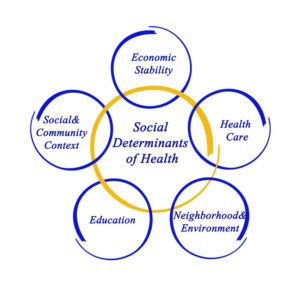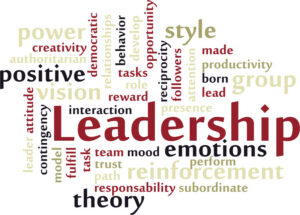With reproductive rights and LGBTQ+ rights under attack in so many states, it was good to see the Summer 2023 Issue of the Brigham magazine in the mail this week. This issue is titled “Care for Every Body – Embracing Inclusive Medicine”. As a former VP and donor to Brigham and Women’s, I receive the paper copy to read. You can access it online here.
Body – Embracing Inclusive Medicine”. As a former VP and donor to Brigham and Women’s, I receive the paper copy to read. You can access it online here.
The main articles include:
- Sex & Gender Glossary – essential terms and definitions for understanding sex, gender, and well-being.
- Pro-Care. Pro-Patient. – describing how the Department of Obstetrics and Gynecology is working toward reproductive justice for all patients. An alarming data point: If all abortions in the U.S. were to stop, 24% more people would die from pregnancy complications and 39% more non-Hispanic Black people would die.
- Soul Meets Body – describing how the Center for Transgender Health is breaking barriers and providing state-of-the-art, life changing care for trans and gender diverse people. An alarming data point: 46 states have proposed 491 anti-transgender laws in 2023, more than the previous four years combined.
- Women ≠ Tiny Men – describing how physician-researchers are working to balance the scales for women’s health.
These articles and the programs described represent bold leadership in healthcare and what we should expect from healthcare providers.
Just as the Winter 2022 Issue titled “Standing Tall for Justice – Cultivating Equity and Inclusion in Medicine” was bold leadership as it covered racial equity in healthcare. And just as Michael Dowling, President and CEO at Northwell Health in New York, regularly shows us what bold leadership means. He doesn’t shy away from controversial issues as he addresses the issue of gun violence and calls for civility and decency in our public discourse.
Dr. Robert Higgins, President, Brigham and Women’s Hospital and EVP, Mass General Brigham comments in the introduction to the Summer 20223 Issue – “While forging the road toward a more inclusive healthcare systems is not an easy or immediately achievable goal, it is a vital commitment we must make. Our sense of humanity depends on it.”
Are you uncomfortable being a bold leader? Do you embrace or shy away from the DEI discussion? The DEI Committee of CHIME is hosting a webinar this Friday, June 30, at 12PM EDT that I highly recommend. It is titled “DE&I in Healthcare 2.0 – Getting Comfortable Being Uncomfortable in a Safe Space Zone”. Please follow this link to register if you want to learn how to stay DEI focused in an anti-DEI climate.
In a recent podcast interview, I was asked about some of the unique challenges and opportunities of being a CIO in the healthcare sector compared to other industries. I commented on how being in healthcare is mission driven and how we can make a difference in people’s lives. Leaders of our nation’s leading healthcare systems being willing to address the difficult issues and care for every person is one of the reasons I am passionate about working in healthcare.
What we do matters.
Related Posts:
Leadership means being bold and taking on the tough issues




